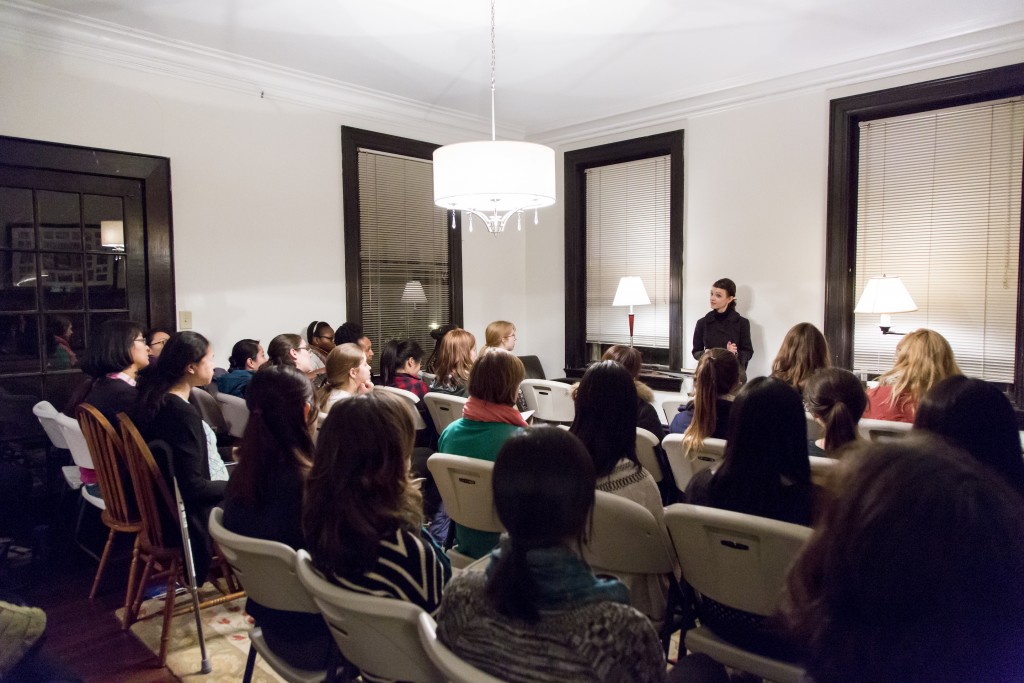
A growing number of Christian study centers based around prestigious American universities are taking “advantage of their campuses’ multicultural marketplace of ideas,” even as evangelical groups have faced exclusion from these centers of education, writes Molly Worthen in the New York Times (Jan. 17). Christian study centers, which occupy private buildings off campus and exist independently from university, “beyond the reach of nondiscrimination,” have mushroomed since 2000, with about 20 now embedded in the most prestigious universities around the country. At the same time, their sister evangelical campus organizations, such as InterVarsity, have lost access to campus space and student fees at several colleges due to their requirements on belief and practice (such as excluding homosexual behavior). Worthen writes that these centers “position themselves as forums where students can hash out the tensions between their faith and the assumptions of secular academia—the same assumptions that have assailed more traditional ministries. They are, in a sense, spiritual `safe spaces’…”

At the same time, the staff and students in these study centers see themselves not as “evangelists but as conveners of a conversation meant to grapple with the ideological divides that secular liberalism’s mantra of tolerance so often elides: How do people with clashing assumptions about what is real and good communicate and coexist?” The centers have created places for debate, such as Columbia University’s journal Cross and Crown, Dartmouth’s Apologia, a semiannual journal that aims to “think critically, question honestly, and link arms with anyone who searches for truth and authenticity.” But the centers also question the premises of secular identity politics and clash with campus activists who claim that Christians and other religious people are overstepping their bounds as they address such issues as gender.